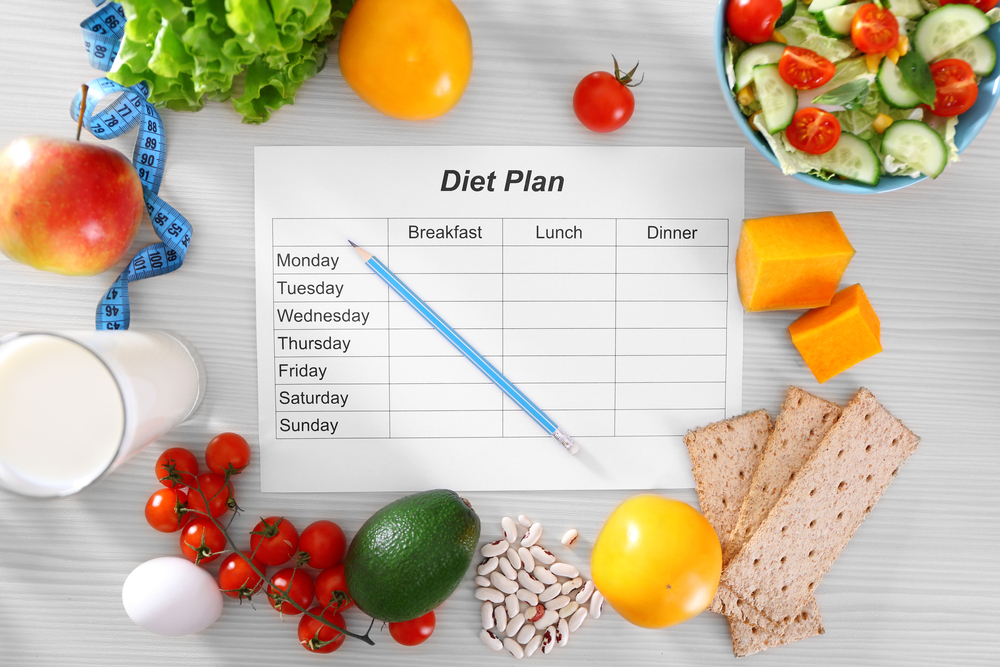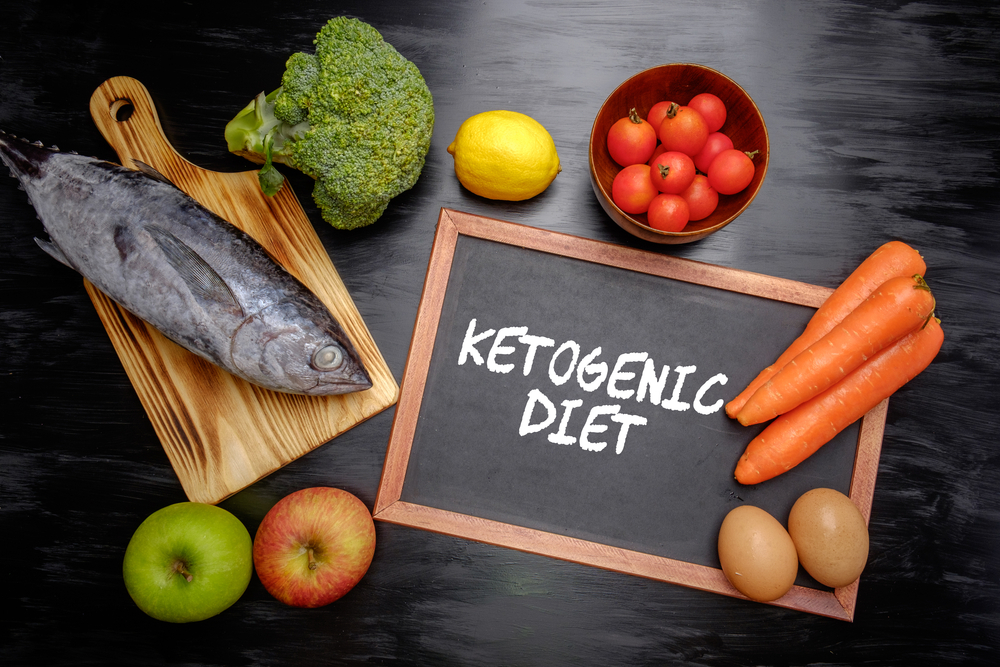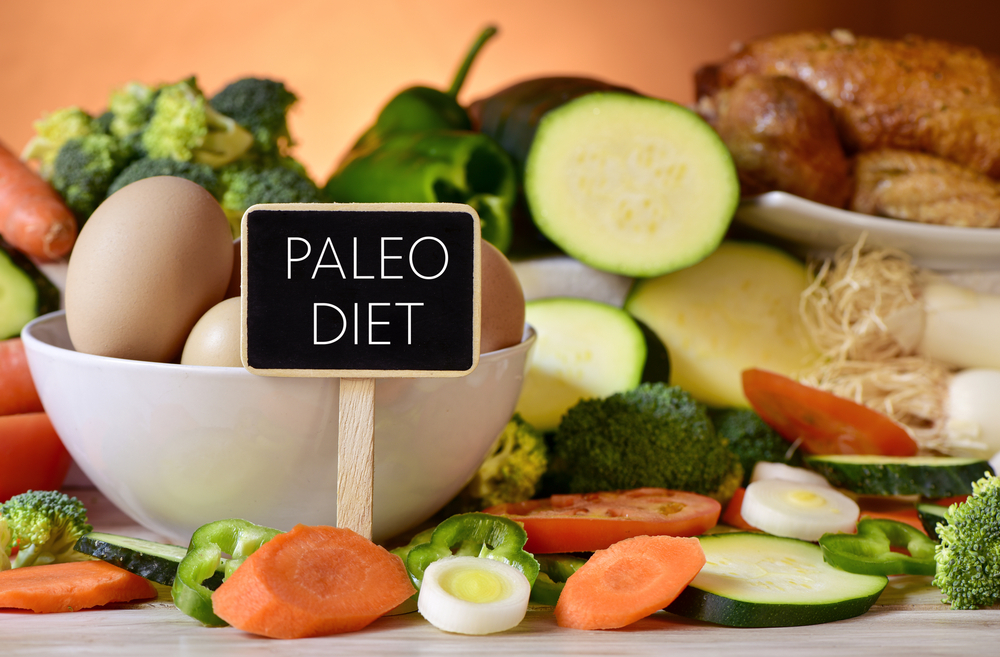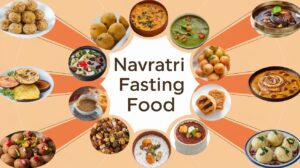

You may be considering changing your diet and adopting a healthier lifestyle. There are a plethora of diet lifestyles to choose from, each with its own set of ardent supporters and detractors. Dieting requires considerable preparation, work, and determination, and the rewards are often justifiable. It can be difficult to determine which plan will stay true to its promises and work, and which will not suit them at all, for the customer looking for the most sustainable and healthy way to lose a few pounds. In light of this, we felt it would be helpful to analyze and weigh the pros and cons of dieting plans that are most popular.
It’s best to see a doctor before starting any new diet or exercise regimen.
Pros and cons of dieting plans
Diets have several functions, benefits, and hazards. Consult your doctor or a qualified dietician before starting any of the following diets. To help you out here are some advantages and disadvantages of dieting plans.
Vegan Diet

Dairy, honey, and eggs are all prohibited under veganism. Unlike some vegetarians, vegans do not eat or use things made by animal labor or exploitation.
Vegans often go the additional mile for dietary, humane, ethical, and environmental reasons.
Pros –
- A vegan diet may lessen the incidence of some heart illnesses, malignancies, and even arthritic discomfort.
- A vegan diet low in saturated fats and cholesterol results in decreased serum cholesterol and blood pressure for a healthy heart.
- The abundance of fruits, berries, and vegetables can help enhance antioxidant consumption.
Cons –
- Vegan diets might be deficient in minerals like B12, D, calcium, folate, and omega-3 fatty acids, necessitating supplements or fortified meals.
- Relying solely on plant proteins like pulses and lentils might cause digestive issues for individuals.
ALSO READ: BEST SPIRITUAL PLACES TO VISIT IN INDIA
Ketogenic Diet

The ketogenic (or “keto”) diet is low in carbs and high in fat. Ketosis is a metabolic state where your body burns fat for energy rather than carbs. A ketogenic diet restricts carbohydrate intake to 20-50 grams per day. Nutritious fats from meat, fish and eggs replace those calories.
Pros
- It can help you lose weight by reducing overall calories, focusing on healthy fats, and putting your body into ketosis.
- It may also help prevent heart disease and some malignancies.
Cons
A ketogenic diet should only be taken under medical supervision. Nutritional inadequacies, nutritional deficiencies, low blood sugar and bone density can all result from a low carb diet.
Mediterranean Diet

This diet is based on olive oil, vegetables, fruits, nuts & seeds, beans, whole grains, and some dairy products. The Mediterranean diet is a heart-healthy eating plan that also improves insulin sensitivity, making it a suitable alternative for diabetics.
The diet is low in saturated fat and includes a lot of fresh foods because it needs home preparation. It has been demonstrated to help prevent diabetes, cardiovascular disease, and cognitive loss.
Pros
There are obvious advantages of adopting dieting plans
- It’s good for your heart, lowers your risk of diabetes, and helps you lose weight.
- It’s a well-tested programme.
- With a focus on plant-based meals, it provides a decent combination of carbs, proteins, healthy fats, and nutrients.
Cons
It allows for daily intake of red wine. While most people enjoy moderate wine intake, it should not be mixed with certain drugs. But purple grape juice is a suitable substitute.
Paleo Diet

The Paleo diet is based on pre-agricultural ‘hunter-gatherer’ foods. It only includes goods that paleolithic humans may have naturally gathered.
Using natural foods means avoiding:
- Meat products
- Wheat, milk
- Sugar
- Grass-fed
It includes –
- Mutton
- Fish
- Veggies and fruit
- Nut & seed
- Eggs
Below are some advantages and disadvantages of paleo dieting.
Pros
- The absence of processed foods implies more fruit and vegetables and less calorie-dense meals.
- The basic principle is straightforward and does not involve calorie budgeting.
- 80/20 choices (following regulations 80% of the time) give some flexibility.
Cons
- Vegetarians should avoid this because it is heavily meat-based.
- It excludes essential food groups like dairy and grains from a balanced diet.
- Paleo avoids grains and legumes, which are rich in fiber, vitamins, and minerals. That means no protein or calcium-rich dairy products.
Raw Diet Food

This diet emphasizes raw fruits, vegetables, and dairy products while avoiding processed and prepared foods. Raw foods consist of organic fruits, vegetables, sprouted grains, seeds, and nuts. Fermented foods are advised, as are dried or dehydrated foods that do not include additives. Some will eat raw eggs, fish, and meats, as well as unpasteurized dairy products.
Pros
- Eating lots of fresh fruits and vegetables is good for your heart since they help regulate blood pressure and cholesterol.
- The decreased salt concentration also helps reduce the incidence of various malignancies and strokes.
- This plan’s exclusion of processed foods increases the likelihood of weight loss.
Cons
- Meal planning can be difficult with restricted food groups, and boredom might develop.
- Preparing meals takes time since ingredients must be blended, dehydrated, and germinated.
Conclusion
Simple dietary adjustments can have a dramatic impact on all parts of our lives, not just our health. There are numerous pros and cons of dieting plans. A better diet can help with emotional well-being, self-esteem, relationships, job, and, of course, longevity. In addition to helping you maintain a healthy weight, a nutritious diet can help you live longer and better. There is no one-size-fits-all approach, so always consult a doctor or trained dietician before starting a new diet.







